Play is One of the Key Criteria for Healthy Brain Growth.
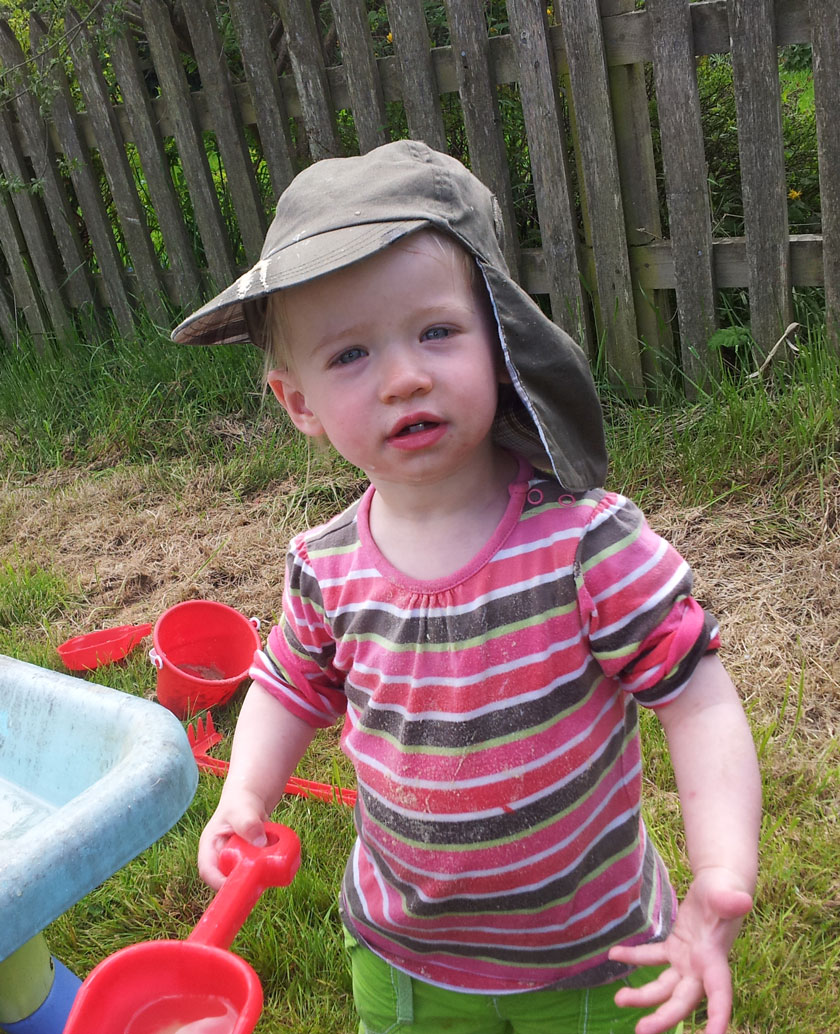
What do we all want for our children in primary school? We want reading, writing and maths right? (sigh!)
What most people don’t know is that the neurological structures a child needs for those tasks are not “hard-wired” into the brain. By that I mean they are not present at birth. The child has to build the structures in their brain to accomplish these higher academic tasks (including communication and language).
The irony is that sitting at a desk listening to an adult speak is not the way a child develops these essential structures and is in fact a very ineffective method of learning altogether. The times when a child is moving freely, testing their limits and using their imagination are the times when this fundamental brain growth takes place at its best.
You can all imagine a parent who shouts, “Daniel! Stop being a pirate and come and do your homework”, never once realising that being a pirate is the very thing that will give Daniel the fundamental structure in his brain to do the homework in the first place!
Neuroscientists seem to be moving towards an activity dependent model of brain growth which simply means that what grows our brains in childhood is the activities we do. And the activity that builds the brain more than any other? Play! We can now see simple, freely chosen play as underpinning every academic discipline a child needs throughout their life. When Daniel is being a pirate he is using his imagination. A study in 2015 by the University of Dartmouth showed that when using the imagination the brain lights up like a Christmas tree creating a neural network across the entire upper brain. This research makes a compelling argument that imaginative play is one of the most powerful brain development activities a child can ever experience. What else do we need a neural network for? Only every academic task a child needs in school from problem solving to mathematical thinking. In a very real sense being a pirate is much more important than the homework could ever be. (try telling that to your child’s teacher!)
What many adults also do not see is the inter-relationship between the types of play and a whole array of learning and development. For instance in almost every case of physical delay or neuro-motor immaturity in a child there is a corresponding delay in their communication and language. The physical movements a child undertakes do not just develop the parts of the brain associated with movement but parts of the brain associated with almost every aspect of their development. And when do children make these essential spontaneous movements? When they are playing of course. Not when an adult lines them up and tries to find out who is fastest but when children joyfully engage in a whole range of movements purely for their own enjoyment.
The Play Theorist Bob Hughes summed it up in his description of Locomotor Play (one of 16 essential play types)
“Movement in any or every direction for its own sake….”
There are many reasons for the link between movement and communication not least because children learn fine and gross motor skills through play and gross motor skills help children develop fine motor skills. The finest and most complex motor skill a child ever uses is the intricate movements of the tongue to form words. We also know that symbolic play (another of Bob Hughes play types) underpins communication and language and helps activate many of the same areas of the brain. Language is itself symbolic and so every time a child pretends a stick is a wand or creates an internal voice for their action figures they are building essential structures for communication.
If you can convince parents that far from being frivolous the playful experiences of children underpin high level thinking then hopefully they will understand that when you send them home covered in mud and grass stains or with bumps and bruises you are actually helping them to read, write and problem solve. (Good luck with that though!)
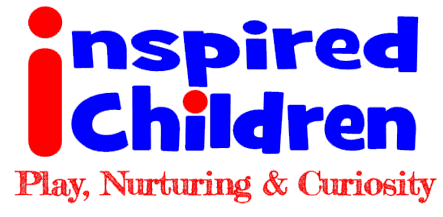
In part three of this blog we discuss Play Supports Emotional Well-Being.
For more information on (or to access) our huge range of training for Out of School settings please click HERE.

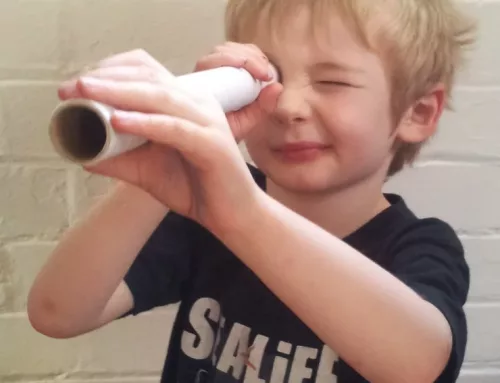

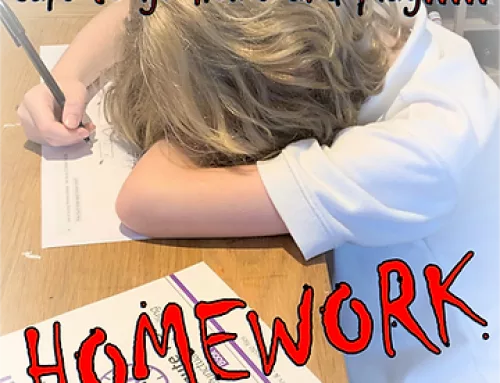
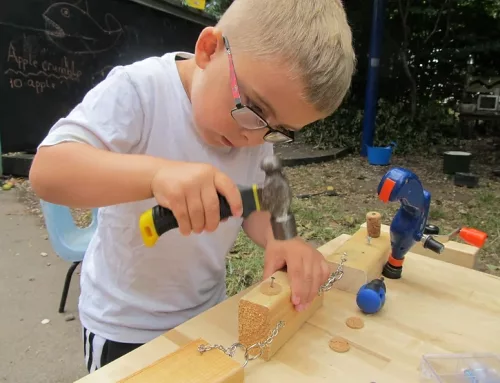
Leave A Comment